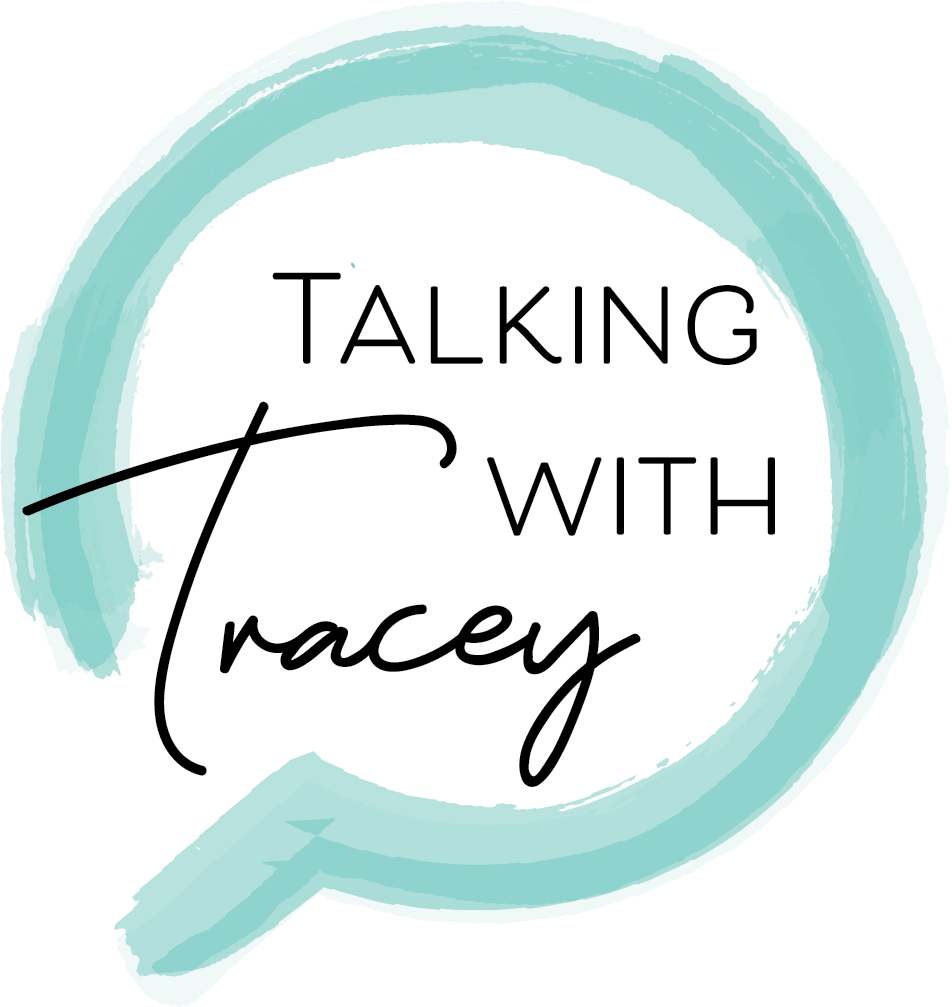We keep hearing this word “resiliency” when people talk about today’s generation of kids and young adults. What is resilience? It’s the ability to manage stressful/challenging situations, bounce back and grow from them. Unfortunately, it seems some parents believe resilience is magically acquired and will arrive in the mail about the same time as a high school diploma. Or maybe they think it’s part of the normal developmental process, like puberty, and it just shows up automatically at the age of 18.
I'm here to burst that bubble. There’s no Resiliency Fairy. It’s a little bit more like learning to read-someone has to teach you.
As parents, one of our most important jobs is to teach and foster resilience. I think we can all agree that handling stress, disappointment, setbacks, and difficult personalities is a pretty useful life skill. So, the magic question is how do WE teach our kids to be resilient? STOP doing things for your kids, they can do for themselves.
Allow them to have tough conversations, make mistakes, fail and deal with the consequences of their choices. We need to let our kids to be uncomfortable! Which means WE have to be ok being uncomfortable, too. We need to let them bomb a test, sit the bench, talk to the coach, lose friends, order their own food, be late, be cold, be hot, apologize to a teacher…
Your job is to talk them through those difficult situations, give them ideas IF they ask, but it’s never to do the difficult thing for them.
Even if they’re scared and anxious, DO NOT step in and take it from them. Building resilience comes from facing a challenge, and realizing you handled it, especially when it was hard. Your job is to show your child that you believe in her ability to handle a situation, help prepare her for the situation and let her go. It’s important you don’t attach your confidence to the outcome, but to the process. Show trust in her ability to tackle a difficult situation and handle the consequences-good or bad.
Over-functioning for your child, will never create resiliency. Over-functioning breeds anxiety and fear. People have to actually DO the thing to know they can do the thing. Self-confidence and resilience are born out of experience.
How will she know how to manage her life if you’ve always done it for her? How will he know he can do hard things, if he hasn’t ever had to experience and overcome anything difficult?
As parents, we sabotage the opportunity to build resilience with subtle messages that children shouldn't trust themselves. We tell them to eat when they say they aren’t hungry. We tell them to keep their coats on after they tell us they’re hot. We wake them every morning, instead of allowing them to use an alarm. We talk to every teacher and coach they struggle with. We call parents when friends are mean, we order their food. We help finish a project instead of letting her get a bad grade. We fill out the college application, we don't teach them to cook or do laundry. We order their college books (seriously?), we still give our high schoolers a bedtime?! How will they ever build resilience if you rob them of the opportunity to take responsibility for themselves?
Trust me, I know how hard it is to watch your child hurt and struggle. I also know how rewarding it is to watch a child grow from adversity, overcome anxiety, and build self-confidence. Maybe it sounds overwhelming and scary to trust your kids to solve their own problems. Maybe you’re petrified they’ll mess up. I can almost guarantee they will. We want them to mess up! Remember, resilience is the ability to “bounce back” when something is difficult. It’s knowing you have the tools in place to deal with setbacks and adversity. It’s a knowledge that you can handle difficult situations and come out stronger on the other side.
When parents swoop in and takeover, the message is “you’re not capable of solving this yourself” and “I don’t trust your ability to manage your own life.” We don't do this intentionally, but that's the message your child internalizes. Those messages foster anxiety and self-doubt. Teaching resilience means trusting our child’s ability to make choices and deal with the consequences. Especially if they mess it up! Failure is a wonderful opportunity to learn, revise and redo.
Don’t wait for the Resiliency Fairy. Pay attention to the everyday little moments you have in front of you to help your child cultivate strength, confidence and self-worth.


